7 food logos and mascots that didn't age well
Frank Olito

- Marketing hasn't always been spot-on when it comes to food branding.
- Aunt Jemima, Uncle Ben's, and Cream of Wheat have all received backlash for their usage of Black mascots.
- Frito-Lays and Chiquita bananas have both been accused of using racist mascots.
- Some of the companies have announced changes to their packaging.
PepsiCo announced that Aunt Jemima is changing its name and dropping its image of a Black woman, but it's not the only product with branding rooted in racist stereotypes.
From mascots that have been called racist to controversial ad campaigns, the marketing world has made some questionable decisions over the years.
These are some branding decisions food companies have come under fire for.
The Aunt Jemima mascot has changed over the years, but its racist connotations prompted the company to rebrand.
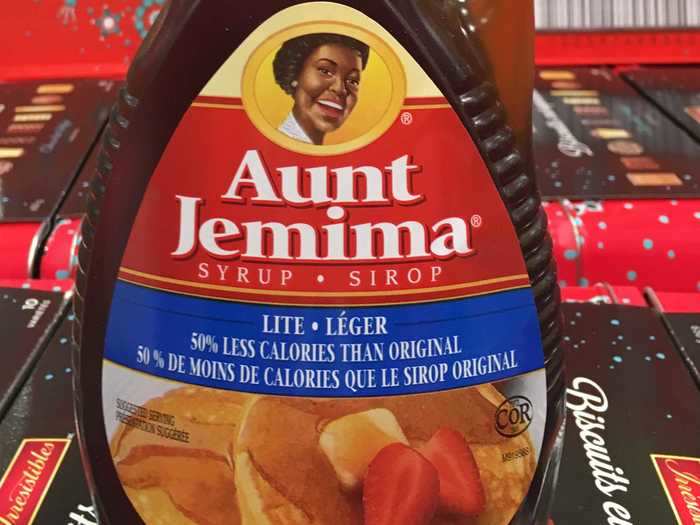
The Aunt Jemima mascot was created in the late 1800s and based off a minstrel song called "Aunt Jemima." A former slave named Nancy Green was hired to portray the character on the company's branding. Since then, the mascot has been compared to "mammy," a racist stereotype, portraying a Black woman who is content with slavery.
Parent company PepsiCo has since announced that the brand's name and mascot will change.
"We recognize Aunt Jemima's origins are based on a racial stereotype," Kristin Kroepfl, Quaker Foods North America's chief marketing officer, said in a statement. "While work has been done over the years to update the brand in a manner intended to be appropriate and respectful, we realize those changes are not enough."
Uncle Ben's rice, which also has a controversial Black mascot, is also planning to change its "visual brand identity."
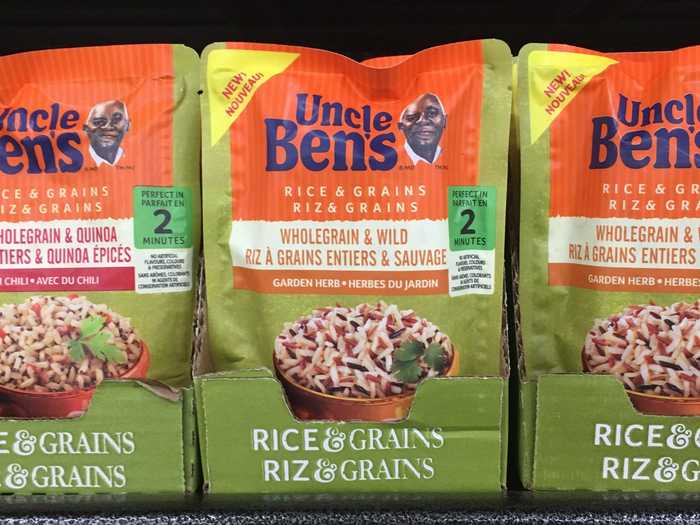
Uncle Ben was first introduced in 1946 as the Black face of a white company. Dressed in a bow tie and addressed as "uncle," the character evoked a servant. As the civil rights movement progressed, the company received pressure and criticism for using what seemed like a Black servant to make sales. In 2007, the company rolled out a new marketing campaign which made the new mascot, Ben, the chairman of the board.
Its parent company Mars Food told Business Insider it is also planning to change its "visual brand identity."
"As a global brand, we know we have a responsibility to take a stand in helping to put an end to racial bias and injustices," Mars said in the statement. "As we listen to the voices of consumers, especially in the Black community, and to the voices of our Associates worldwide, we recognize that one way we can do this is by evolving the Uncle Ben's brand, including its visual brand identity."
It added that it does not "know what the exact changes and timing will be, but we are evaluating all possibilities."
Cream of Wheat was criticized for using a specific Black character.
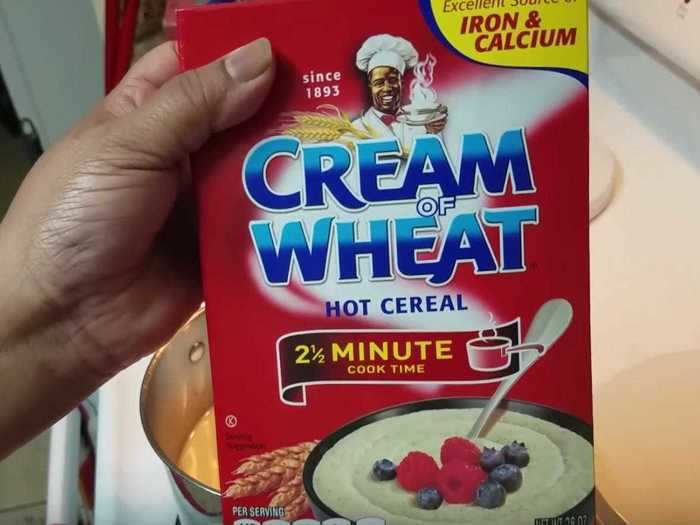
In 1901, Cream of Wheat introduced its mascot, Rastus, a smiling, Black chef. However, the terms "Rastus" has been considered an offensive term for Black men, inciting backlash for the brand. In 1925, Rastus was finally taken off the Cream of Wheat packaging and replaced with Frank L. White, a Black chef who can still be found on the boxes today.
Frito-Lay ran into some trouble in 1967 when Frito Bandito was introduced.
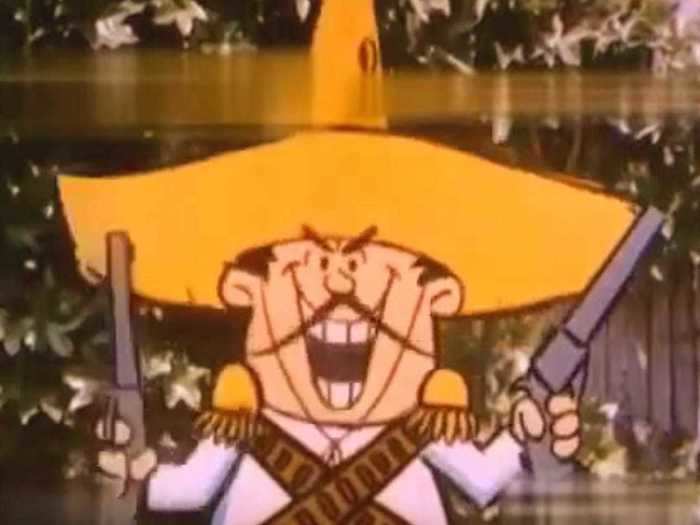
Frito Bandito was introduced in the late 1960s to help sell Frito-Lays chips. He was a stout, mustache-sporting, sombrero-wearing bandit that stole corn chips. Frito Bandito was criticized and said to perpetuate Mexican stereotypes. In 1971, the company ended the campaign after people threatened to boycott the brand.
Chiquita has also been accused of perpetuating a stereotype about Latinas.
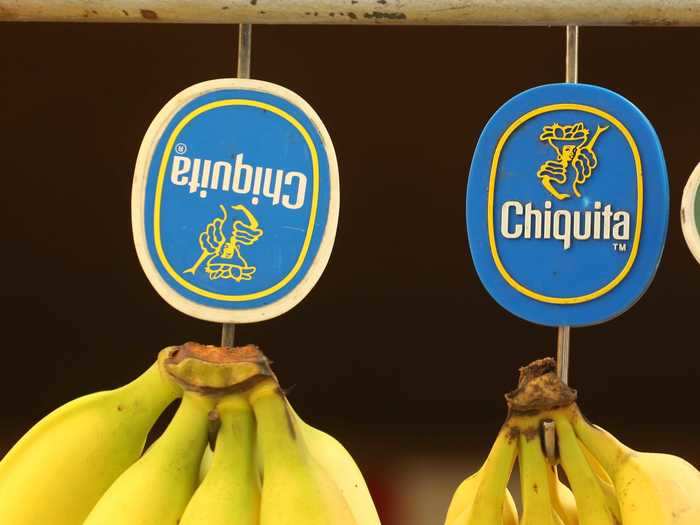
In 1944, Chiquita used a banana dressed as a sultry woman as its mascot, perpetuating a stereotype about Latina women being hypersexual, according to critics. Today the logo is a woman wearing a fruit hat, channeling Carmen Miranda. Some say the logo exoticizes and even sexualizes Latin America and the tropics. The logo and mascot are still used today to market the bananas.
Nestle's Eskimo Pies also have a problematic name.
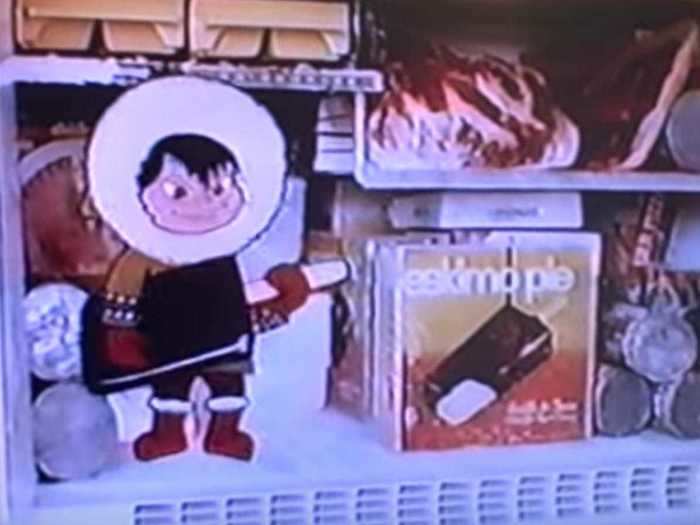
Although Eskimo Pies are a delicious ice cream snack, they are steeped in controversy. In Alaska and some parts of Canada, the word "Eskimo" is a derogatory term for Inuit and Yupik people. The company's branding remains the same.
Land O'Lakes removed a drawing of a Native American woman from its packaging. The image had long been criticized as a racist stereotype.
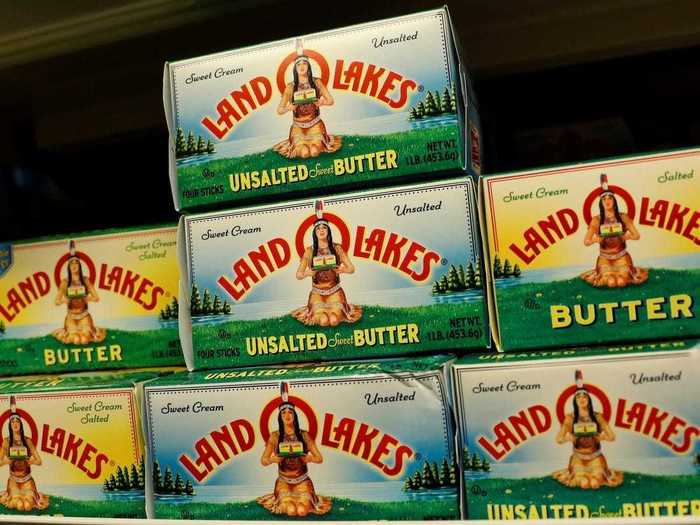
The Native American on the box of every Land O' Lakes butter box kneels on green grass in front of bright blue water and she holds a box that also has the same image, so it repeats into infinity. The company has come under fire for using Native Americans as the face of a white-owned brand.
In February 2020, Land O' Lakes announced it would remove the woman from the logo.
READ MORE ARTICLES ON
Popular Right Now
Advertisement